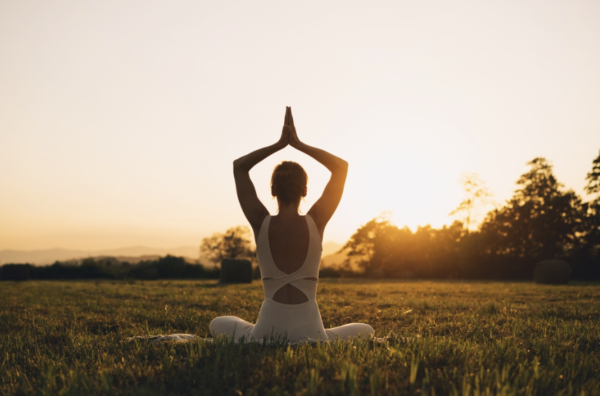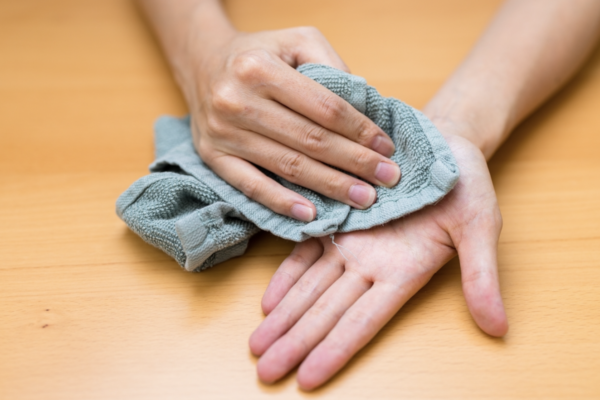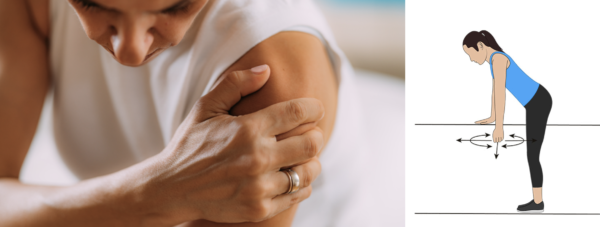Over the last decade, stroke has been the top cause of morbidity and mortality worldwide. Stroke survivors have varying degrees of impairment and contribute significantly to the socioeconomic disease burden.
Traditional Chinese medicine (TCM) and acupuncture can contribute an essential part of the treatment plan for a patient recovering from a stroke. Using a range of conventional treatments provides the patient with the most excellent chance for recovery of function and minimization of disability. It can also reduce pain and help the patient cope with frustration and other adverse emotional reactions to their illness.
How acupuncture can help stroke recovery
Acupuncture should start as quickly as possible after a stroke. In most cases, three treatments per week are recommended following a stroke. Studies show patients get well faster, require less nursing and rehabilitation, perform better self-care and use less money to recover when acupuncture is added to the recovery treatments. In recent studies, it has been found that acupuncture could reduce infarct size and improve neurological function in those with recent strokes.
❤️ Scalp acupuncture is the most effective method of treating stroke patients.
Scalp acupuncture views the scalp as a microcosm of the whole body. Scalp acupuncture works on zones rather than specific points. The correlation between scalp acupuncture and stroke is reasonably easy to figure out, as the scalp is close to the brain. Acupuncture can also increase blood flow and oxygen to the brain and damaged tissues, restoring tissue, nerve, and brain cells. It helps break down blood clots, and it can accelerate functional recovery.
❤️ Stroke rehabilitation, for most people, is a long process. Acupuncture—like physical therapy, occupational, speech, and other widely accepted forms of stroke rehab—is most effective when received frequently. TCM approaches are increasingly being incorporated into Western healthcare, and the best care often results from a whole-circle process: considering a person’s mind and spirit as well as the body.



